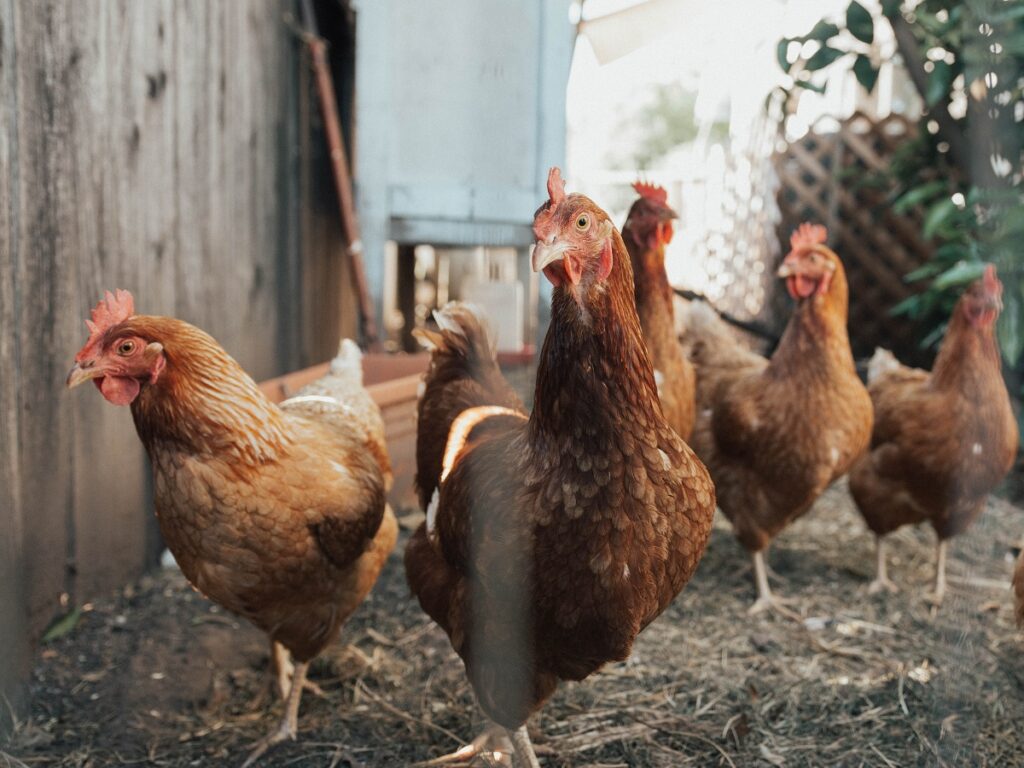As of last week, the U.S. Department of Agriculture’s Animal and Plant Health Inspection Service reported several incidences of highly pathogenic avian influenza (HPAI) A viruses in commercial poultry and backyard flocks in the United States, the Centers for Disease Control (CDC) said.
This discovery of so-called bird flu comes on the heels of the discovery of HPAI A(H5) viruses in wild birds in the United States in January 2022, said the CDC. These viruses in poultry pose minimal risk to the general population though they may mean a risk for poultry workers.
These are the first HPAI A(H5) virus detections in the United States since 2016.
There are now government recommendations about bird flu exposure for several categories of individuals, including hunters, poultry producers, the general public, and health care practitioners, the CDC noted.
HPAI A(H5) viruses can be carried by wild birds without causing symptoms, but they can cause disease and mortality in farmed poultry. Human infections with HPAI A (H5) bird flu viruses are uncommon according to the World Health Organization, although they can occur, generally following intimate contact with sick birds. When bird flu infects humans, it can be fatal, according to the CDC, but so far, no humans have been infected with highly pathogenic avian influenza A viruses in the United States.
Although there is no great danger for people, the recent bird flu infections put poultry farms on high alert given the past experience, according to NBC News. The outbreak that started in 2015 in the United States killed 50 million birds across 15 states and cost the federal government almost $1 billion.
Fighting bird flu with gene editing
Using gene editing techniques like CRISPR, scientists are seeking to develop chickens that are less likely to succumb to bird flu and other diseases.
Advances in this technology have resulted in poultry that are resistant to avian leukosis virus and avian influenza, Mark Fife, biotechnology head at Aviagen, said during a Poultry Tech Webinar Series.
Given the possibility of a human pandemic posed by avian flu’s ability to hop species, researchers at the Universities of Edinburgh and Cambridge have attempted to combat avian flu utilizing gene-editing technology that is “a more precise version of the conventional selective breeding of animals.”




